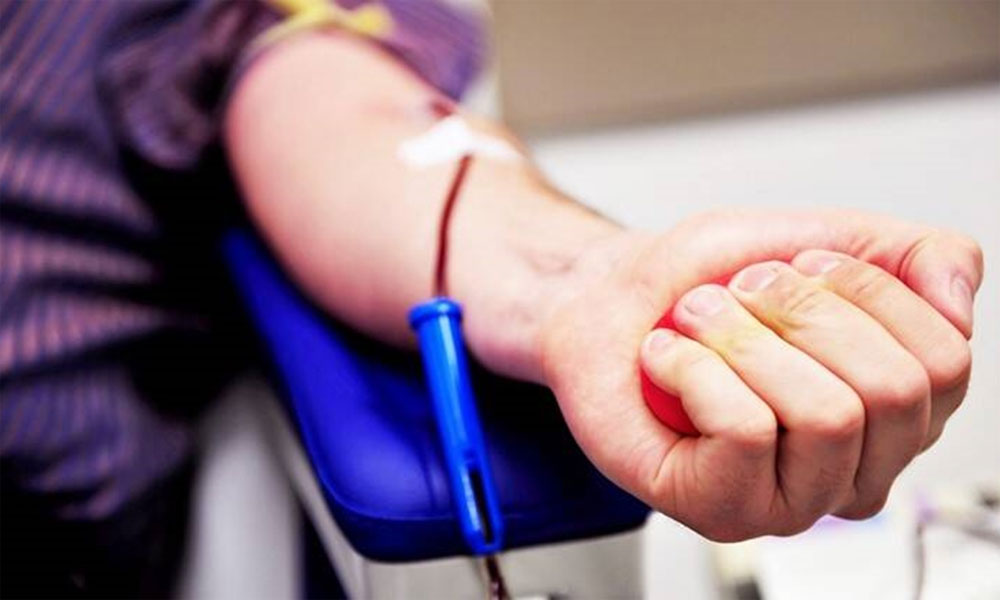Here All You Need To Know Before And After Blood Donation
Not only is blood donation a noble act that saves the lives of others, it also comes with its own set of benefits for the donor.

The World Blood Donor Day asserts the significance of blood donation in saving lives. In a medical ecosystem, voluntary blood donors are important to keep up ample shops of blood and blood parts, that are wanted to save lots of the lives of quite a few sufferers.
Recently, the Covid-19 pandemic and its aftermath, has highlighted the already persistent blood scarcity in our nation, and it’s primarily attributable to a pointy decline in voluntary donors. It is estimated that 13.5 million models of blood are required yearly.
Even if 1 % of our inhabitants donates blood yearly, the requirement could be met. Moreover, every unit of donated blood can save as much as 3 lives with packed red cells, platelets and plasma given to totally different sufferers.
However, regardless of being conscious in regards to the significance of voluntary blood donation, most people proceed to be hesitant about donating blood in any respect. It is especially as a result of lack of information in regards to the do’s and don’ts of blood donation, each throughout and after the method.
Who can benefit from the blood you donate?
- Victims of trauma, emergencies, disasters and accidents, in addition to sufferers present process superior medical and surgical procedures. Even a single-car accident sufferer can require as many as 100 models of blood
- Women affected by bleeding related to being pregnant and childbirth
- Children battling malaria and malnutrition induced anaemia
- Patients with blood and bone marrow problems, inherited problems of haemoglobin, and immune deficiency situations
Here’s all it is advisable to find out about blood donation
Before donating blood, it is very important just be sure you fulfill the eligibility standards:
- Any healthy grownup between the age group of 18-65 years, weighing no less than 45 kgs with haemoglobin of no less than 12.5 grams can donate blood.
- Men can donate safely as soon as each three months whereas girls can donate each 4 months.
- It is advisable to eat an iron-rich diet like beans, spinach, fish, red meat, and iron-fortified cereals, with numerous fluid consumption.
- Alcohol consumption ought to be prevented earlier than the donation day.
- Any blood-thinning treatment ought to be stopped earlier than 2-3 days of blood donation.
Who cannot donate blood?
It can be essential to grasp that some people don’t qualify to donate blood. These embody:
- Pregnant women who not too long ago delivered or breastfeeding, shouldn’t donate blood for 12 months post-delivery.
- People with HIV/AIDS, syphilis and hepatitis,.
- People who’ve been injected with medication at any level of life, must not ever give blood.
- People shouldn’t donate blood inside 12 months after a bone marrow harvest, and inside 6 months after a peripheral stem cell harvest.
Potential donors are sometimes involved that there could also be a negative affect on their health after blood donation. Contrary to standard false impression, common donors even have a lower incidence of cardiac issues. If you’re in good health, you’ll be able to donate blood.
How to take care after donating blood?
After blood donation, the world of the prick ought to be coated with a bandage for the following a number of hours. The donor ought to hold sitting for a couple of minutes and eat the refreshment supplied by the employees because it reduces the danger of dizziness.
So, each year on June 14, on the event of World Blood Donor Day, allow us to pledge that no affected person or household in India will wrestle to get their blood requirement fulfilled.












